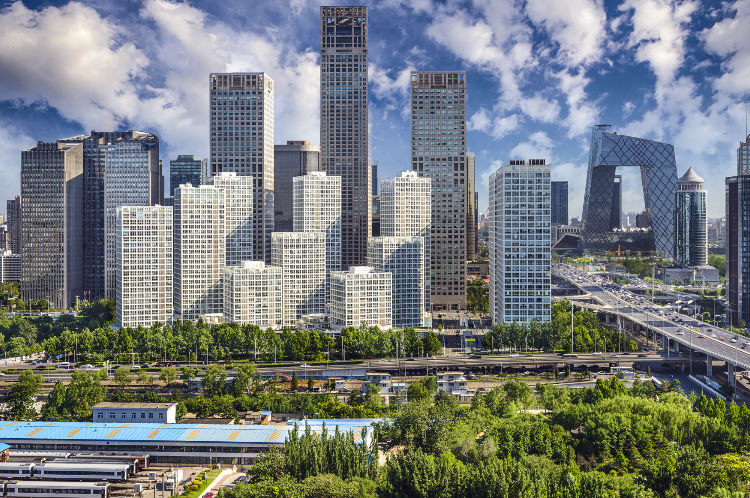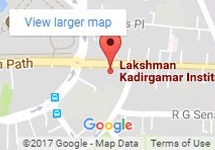
Reading Time: 2 min read
Image Credit – sepavone / depositphotos
Dr. Dinusha Panditaratne, Executive Director of the Lakshman Kadirgamar Institute (LKI), participated at the Belt and Road Forum (BRF) held in Beijing on 14-15 May 2017. The two-day event outlined the vision of President Xi Jinping’s signature foreign policy project, the Belt and Road Initiative, and considered ways in which to make this vision a lasting success.
Dr. Panditaratne made two invited presentations: one at a thematic session of the BRF on 14 May, on how think tanks from countries involved in the Belt and Road Initiative can build a “smart Silk Road”; and the second at a roundtable at the related Global Think Tank Summit on 15 May, on strategies for global growth.
At the thematic session on 14 May, Dr. Panditaratne was invited to contribute her views on building a “Silk Road of Openness, Inclusiveness and Mutual Learning.” In her remarks, she noted that global think tanks had been criticised for not predicting Brexit and the U.S. Presidential election in 2016. She highlighted ways in which think tanks in the Belt and Road countries could better account for social movements that use disruptive technologies and make disruptive politics possible, so that they can foresee the possible challenges to the tremendous vision and potential of the Belt and Road Initiative. The full text of her remarks is available here.
At the Global Think Tank Summit on 15 May, Dr. Panditaratne was invited to present her views at a parallel roundtable discussion on the “New situation of globalisation.” In her remarks, Dr. Panditaratne raised the question of whether an economic globalisation (of trade and infrastructure) could proceed, or realise its potential, without a normative globalisation (of ideas and philosophies). She discussed possible links between the Renaissance and economic dominance of European empires, and of the human and civil rights movements and economic power of the United States; a dominance that may wane due to increasing inequalities that now obstruct the free flow of ideas. Dr. Panditaratne noted the history of the original Silk Road provides a valuable example of transmitting both goods and new ideas; for example, by paving the way for common Asian religious concepts – whereby, for instance, Jesus was referred to as the “Mani Buddha,” combining the streams of Buddhism, Christianity, and Manichaeism.
Dr. Panditaratne was the only speaker from a think tank in Sri Lanka at the BRF. Over 200 think tank executives, policymakers and scholars representing more than 40 countries attended the thematic sessions of the BRF. Over 100 academics from China and abroad attended the Global Think Tank Summit, held on the heels of the BRF. While in Beijing, Dr. Panditaratne also met with experts at the China Institutes of Contemporary International Relations (CICIR), and the Yale Center Beijing.



